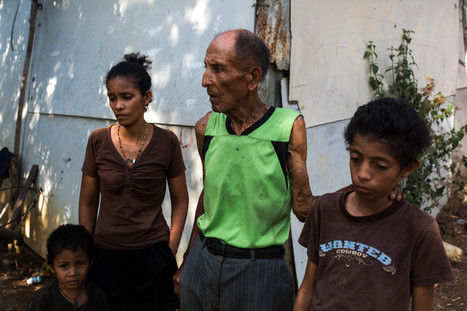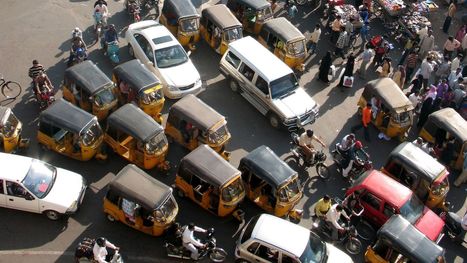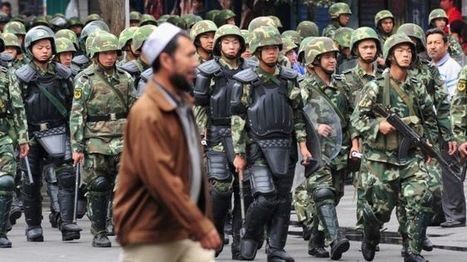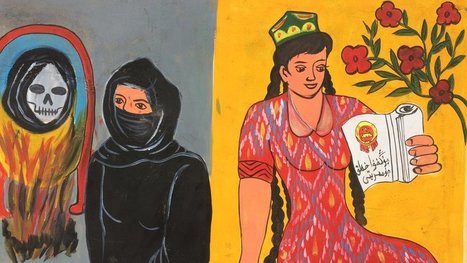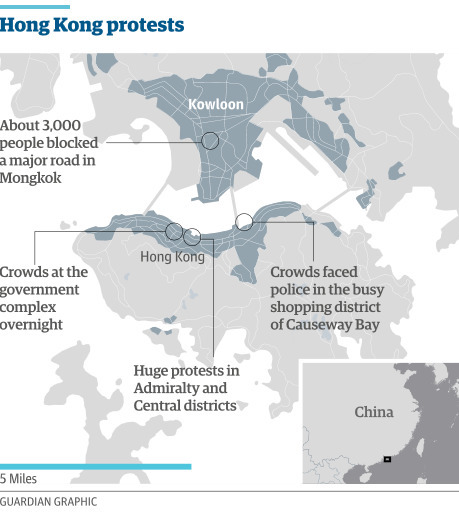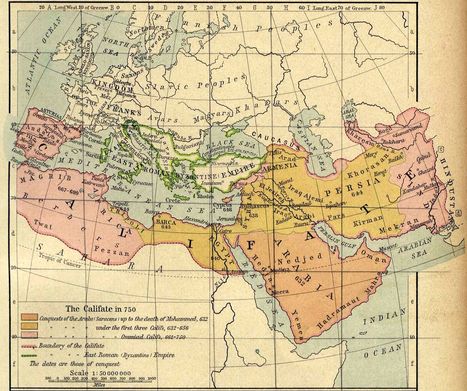Myth Article #1: Western pundits and nostalgic Muslim thinkers alike have built up a narrative of the caliphate as an enduring institution, central to Islam and Islamic thought between the seventh and twentieth centuries. In fact, the caliphate is a political or religious idea whose relevance has waxed and waned according to circumstances.
Myth Article #2: ISIS may use terrorism as a tactic, but it is not a terrorist organization. Rather, it is a pseudo-state led by a conventional army. So the counterterrorism strategies that were useful against al Qaeda won’t work in the fight against ISIS.
Myth Video #1: This video points to the reasons that recruits are attracted to extremism (not just poverty and ignorance).
Tags: political, governance, religion, Islam, historical, terrorism, geopolitics, ISIS.
Via
Mike Busarello's Digital Storybooks





 Your new post is loading...
Your new post is loading...
